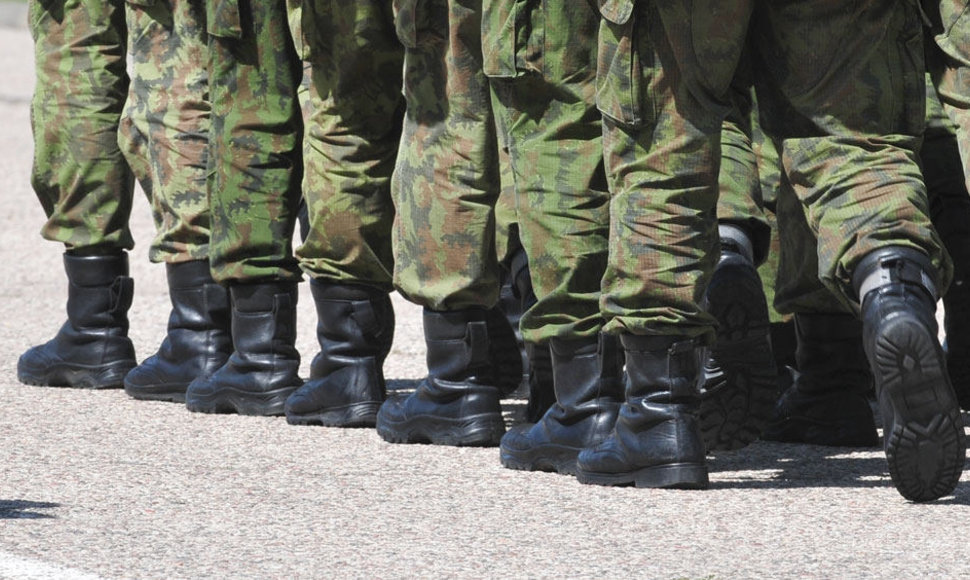"It is an extremely important project for the Lithuanian army, providing the opportunity to join one of the European Union's fundamental operational capacities," Umbrasas said.
In his words, Lithuania's participation in the Nordic Battlegroup will not only contribute to an increase of the European rapid reaction force but will also strengthen regional defense cooperation between the Nordic and Baltic countries.
Lithuania and Sweden should be joined by Norway, Finland, Ireland, and Estonia in the Nordic Battlegroup. The group's alert period is scheduled for the first half of 2015. Its previous alert periods were the first halves of 2008 and 2011. It is considered to be one of the best-formed battlegroups in the EU.
Similar to NATO's rapid response force, EU battle groups consist of battalion-sized forces (up to 2,000 troops). The groups rotate actively, so that two are ready for deployment at all times. The forces are under the direct control of the Council of the European Union.
Lithuania participated in a battle group with Poland, Germany, Slovakia, and Latvia in the first half of 2010, and joined the Netherlands, Germany, Finland, and Austria in the first half of 2011.
Lithuania is scheduled to participate in the UK-led battlegroup with Sweden and Latvia in the second half of 2013.












